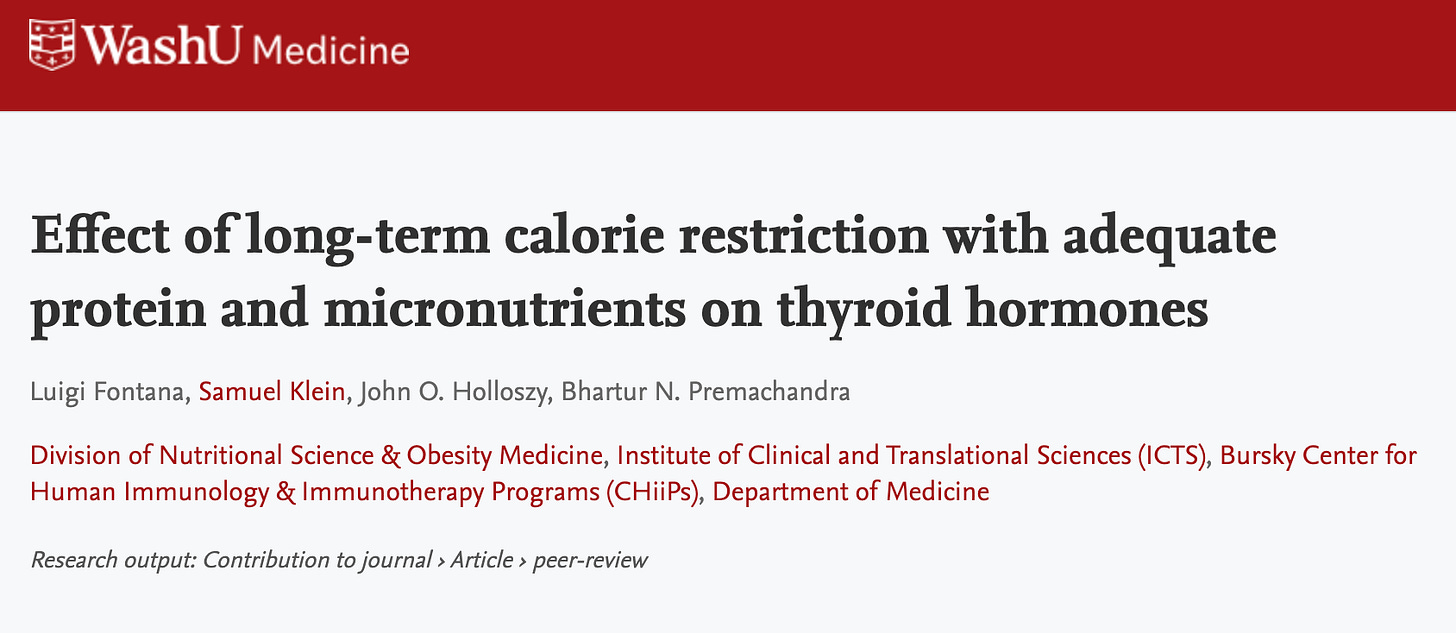Four studies that make CICOers BIG MAD
We're not steam engines, we're complex metabolic biological entities. Calories in Calories out has huge flaws.
This week I had the honor of presenting what Patchwork is working on a the Boulder New Tech meetup in front of 200 people.
Talking about metabolic health with a single person let alone 200, can make people really uncomfortable (understandable) so I decided to mix it up and simply run the audience through some studies which were fundamental in opening my mind to the idea that weight gain is way more complex than calories in calories out.
On every slide there were audible gasps from the audience.
I think partly because everyone has biases in this space that they had to address, and partly because no one wants to think about this - if you are struggling with weight issues it can consume 90% of your mental energy on any given day.
My goal for the later, was to offer understanding and a glimmer of hope that there are people that understand this and working really really hard to crack it (us!)
So I thought it would be fun to share four of these studies with you all.
Just last week I encountered more closed thinking.
Weight Gain After Fecal Microbiota Transplantation
In this study a weight stable, healthy weight mother recieved a fecal transplant from her overweight daughter as part of CDiff treatment.
Within 16 months the mother gained 34 pounds hitting a BMI of 33.
In response to this she was put on a medically supervised, liquid protein diet, wherein she continued to gain weight despite efforts to diet and exercise, and at 36 months post-FMT her weight was 177 pounds (BMI of 34.5). She also developed constipation and unexplained dyspeptic symptoms.
After this case the policy was changed to use nonobese donors for FMT going forward.
Sustained bloodstream release of persistent organic pollutants induced by extensive weight loss after bariatric surgery: Implications for women of childbearing age
100 morbidly obese patients were screened before and 3, 6 and 12 months after bariatric surgery for serum concentrations of PCBs, OCPs, BFRs, and PFASs.
Patients underwent bariatric surgery
Patients had weight loss averaging 30% of initial body weight at 12 months
One year after surgery, serum pollutant levels increased up to 130%.
When Lipophilic persistent organic pollutants are elevated (above tolerance) in your blood, your body forces you (hormonally) to seek out obesognic foods (junk food) to gain weight and store them away in adipose tissues. These are released in weight loss. And a good case for why people regain weight lost.
Effect of long-term calorie restriction with adequate protein and micronutrients on thyroid hormones
28 adults
6 years of calorie restriction @ 1700kcal
Compared to a western diet group (2500kcal) & a high exercise group (2800kcal)
Long-term Calorie Restriction with adequate protein and micronutrient intake in lean and weight-stable healthy humans led to a permanent reduction in serum T3 (20% lower!)
The reduced calorie intake permanently wiped off 20% of their calories out!
Dietary protein restriction elevates FGF21 levels and energy requirements to maintain body weight in lean men
8 lean healthy men
Followed a Low Protein High Carb diet for 5 weeks (~0.5g/lb bodyweight)
To prevent weight loss, it was necessary to increase energy intake consecutively every week
By the end of week 5 participants were eating 20% more calories than in week 1 and still accidentally lost 2lbs over the 5 weeks
The cohort was then put on a high protein diet for 5 weeks and had to reduce food intake to try and prevent weight gain. (~1g/lb bodyweight)
Physical activity was held the same across the entire study
Conclusion
These issues are wildly more complex than 99% of people understand (not you, because you read uncivilized).
But I like to pull out these studies from time to time just to get some idiot with dumbass biases to shut up.










I don’t think any of these studies refutes CICO in a theoretical way. The main problem with CICO is that it is simply not useful in any practical way: you can partially control calories in, but not calories out in any meaningful controllable way. Your body will spend the calories that it wants to, and this can vary significantly day to day depending on all sorts of factors. Measuring calories out is *very* hard, and is not possible in a practical setting. Frankly, the only way to know if you are spending more energy than you take in is to look at body mass changes over the medium to long term… you can’t trust the short term changes as that will be mostly water weight changes.
Added to this, we could start discussing that calories are really not in any way the proper units of measure in the dietary sphere. A calorie is a unit of heat energy, and we are not steam engines. We process the mass that we consume in a chemical way, not by combusting it… this results in a massive difference between what we are told is the energy in a food vs what our bodies can actually derive from it. We should really remove the word calories from the diet arena. We should be measuring mass: far more sensible.